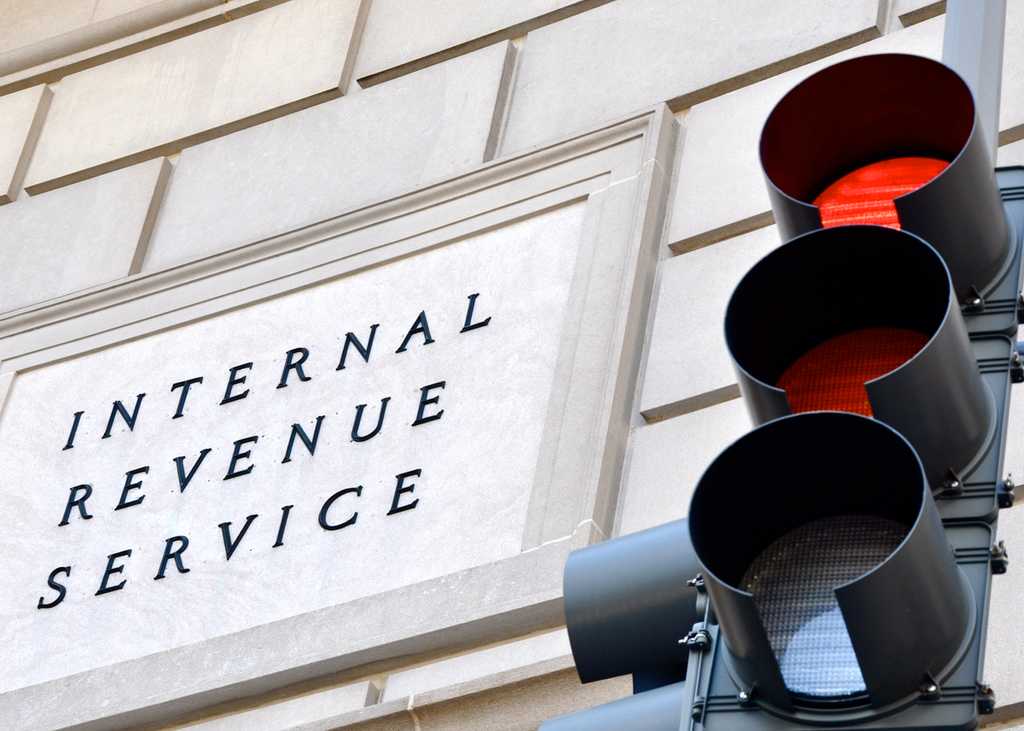Need-to-know updates on proposed DAF regulations

The Community Foundation is committed to helping professionals who advise philanthropic clients stay on top of best practices in charitable planning. In that spirit, donor-advised funds and the rules governing these vehicles are topics that are popping up more frequently in financial and even mainstream media. Our team is closely watching these regulatory developments.
As background, in November 2023, the Internal Revenue Service issued proposed regulations that would change the way donor-advised funds are defined and how they operate. Especially leading up to the May 6, 2024 public hearings, the proposed regulations have created quite a buzz. If you’d not yet heard about the proposed regulations, the April 19, 2024 letter to Treasury Secretary Janet Yellen, signed by 33 members of Ways and Means, might have grabbed your attention. The letter lays out concerns that “these regulations could have the unintended consequence of impeding charitable giving in our communities, particularly at our local community foundations.”
Rest assured, you’ll hear from us when (and if) the proposed regulations, or some version thereof, go into effect and what to do about it. As we track the issue, however, it’s important to remember that a donor-advised fund is just one of many types of funds your clients can establish at the Community Foundation of Northern Nevada. Here are a few things to consider:
- Certainly the donor-advised fund is popular because it allows your client to make a tax-deductible transfer of cash or marketable securities that is immediately eligible for a charitable deduction. Then, the client can recommend gifts to favorite charities from the fund to meet community needs as they emerge.
- Other types of funds at the Community Foundation can be just as effective as a donor-advised fund depending on the client’s objectives. In some situations, these other fund types are even more effective than a donor-advised fund to achieve a client’s goals.
- Field-of-interest funds and designated funds, for example, allow your client to support a charitable cause or organization they love. Unrestricted funds help your clients support future needs in the community that can’t be predicted and can only be addressed through the Community Foundation’s perpetual structure and mission to serve the community as a whole.
- A major advantage of field-of-interest funds, designated funds, and unrestricted funds is that they are eligible recipients of the popular and tax-savvy planning tool called the Qualified Charitable Distribution, or “QCD,” available to your clients who have reached age 70 ½.
We look forward to helping charitable clients regardless of where the proposed regulations ultimately land. And we’ll keep you posted!
